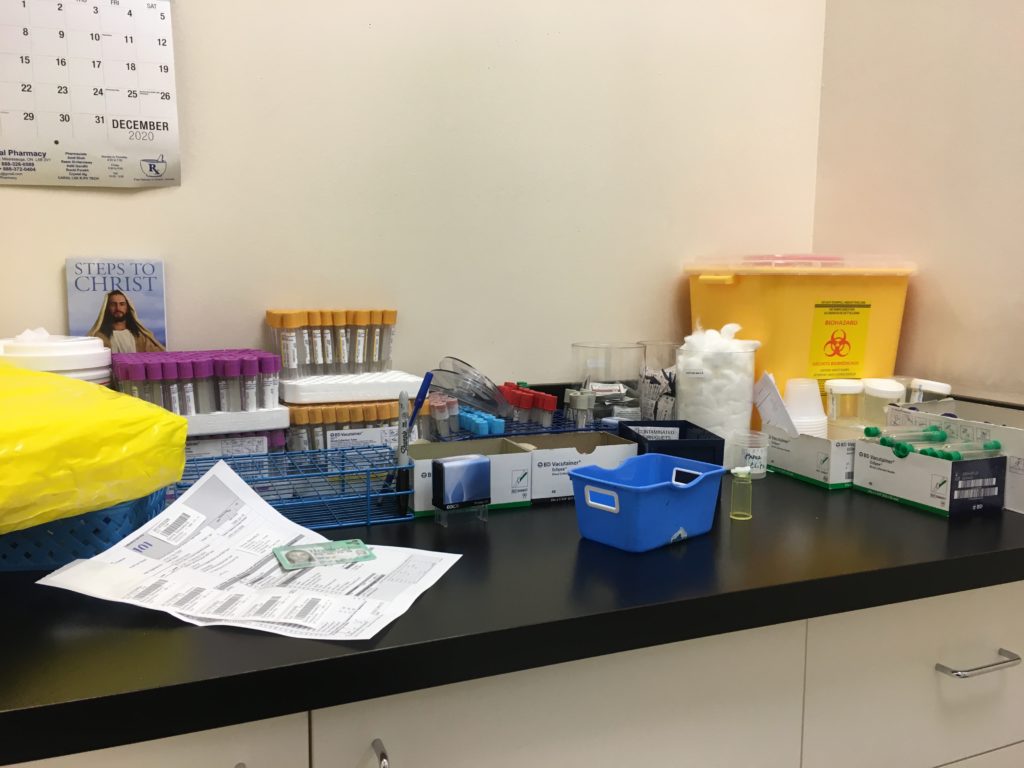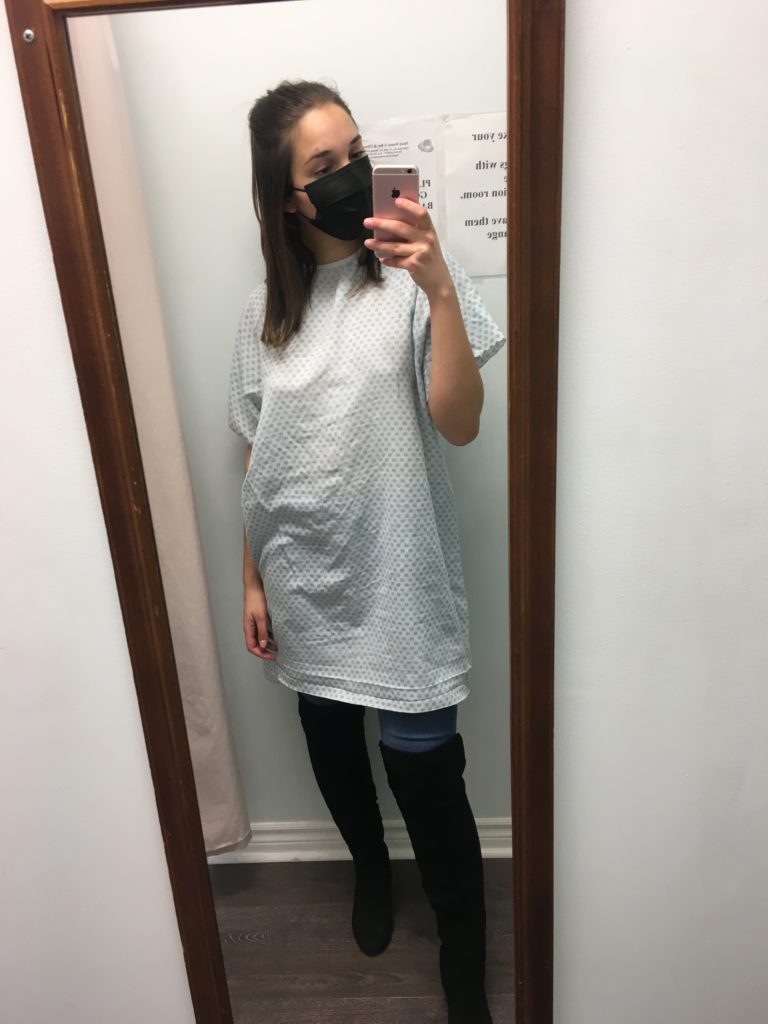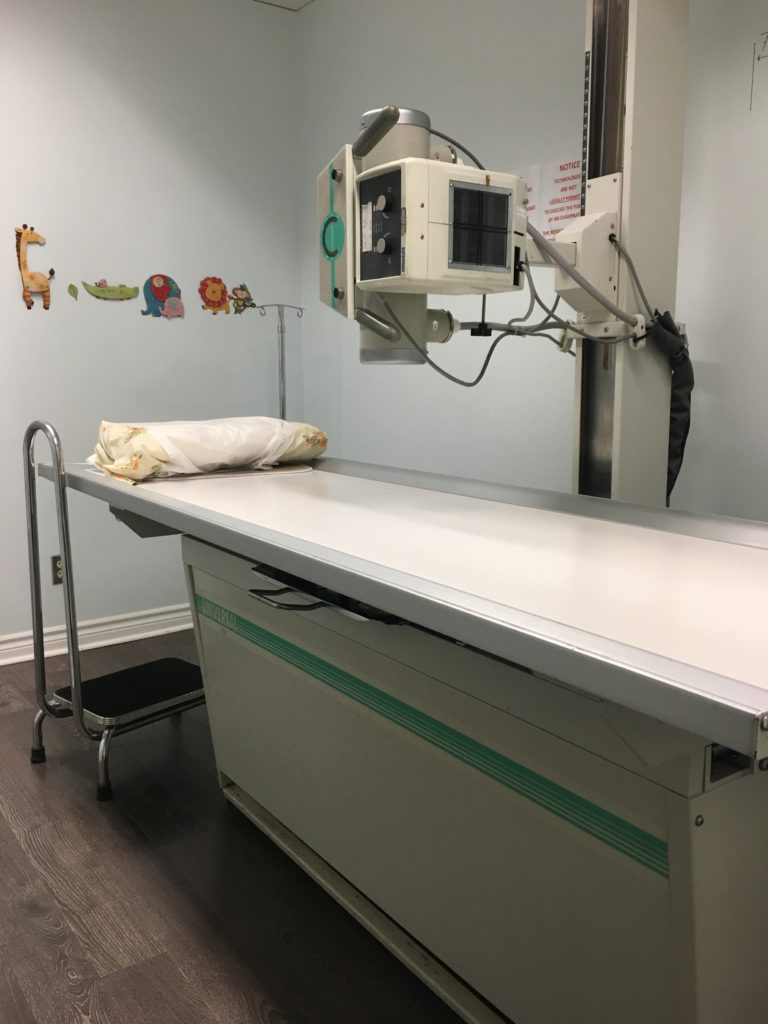‘My symptoms have simply plateaued – no worse, no better’

In October, master of journalism student Simone Gavros wrote about what she has experienced as one of the COVID-19 long-haulers — those who suffer from a relatively mild case of the virus, but then endure long or chronic symptoms. This is her update.
After waiting three months for this specialist appointment, the time had finally come to learn what was going on with my lungs. I walked into the respirologist’s office, hoping I’d leave with some answers explaining why I am still left with difficulty breathing and shortness of breath nine months after showing my first symptoms of COVID-19.

The whole drive there, I was filled with all kinds of emotions but most of all, I was anxious that the doctor would tell me something awful, or worse, he’d tell me nothing at all. I parked my car across the street and walked to the office, trying to catch my breath as I waited for the crosswalk to give me the signal to go.
I sat in the examination room, waiting for the doctor to see me. He came in, sat across the room from me, and asked me to tell my story. I told him everything: from March 10, when I started to feel a scratchy throat, to April 18, when my COVID-19 test came back positive, right up until the day of the appointment, to give him a full picture of what he was working with.
I explained how my symptoms have simply plateaued – no worse, no better. The moments where I need to stop and catch my breath happen less frequently than before but when they happen, it feels like I just finished running a marathon.
After evaluating my symptoms, the doctor told me what I was dreading to hear these last few months: there’s not much they can do for me. My heart sank but deep down, I already had a bad feeling that was going to be the case.

The doctor said that he understands how frustrating this is for me. It’s equally frustrating for him and other doctors, too. It’s not like they have a remedy available for long-haulers like me. I don’t blame him for not having the answers. I understand that doctors are still learning about this virus at the same time we are.
He listened to my heart and lungs which both sounded normal. He then scheduled me for a chest X-ray and bloodwork, and then a breathing test and an ultrasound of my chest at an appointment in the new year. As he named the tests I was going to do that day, I couldn’t help but think that these were the same tests I did in April that came back clean.
It’s a bittersweet feeling. On the one hand, I’m thankful I look and sound healthy. But I’m so unbelievably frustrated that I still don’t have answers. Why do I get winded while walking up a flight of stairs? Why does vacuuming the living room tire me out?
Mentally, I know I can do it. But physically, my body is holding me back. It’s still a game of tug of war that I’m just going to have to get used to.
It’s hard to not have moments of doubt and think that it’s all in my head when nothing can explain what’s going on. The doctor assured me that it isn’t in my head and hopes that, with time, I’ll just slowly get better.
Here’s to hoping.
Simone Gavros was the Health Reporter for the Fall 2021 semester.
This article may have been created with the use of AI tools such as
Simone Gavros was the Health Reporter for the Fall 2021 semester.

